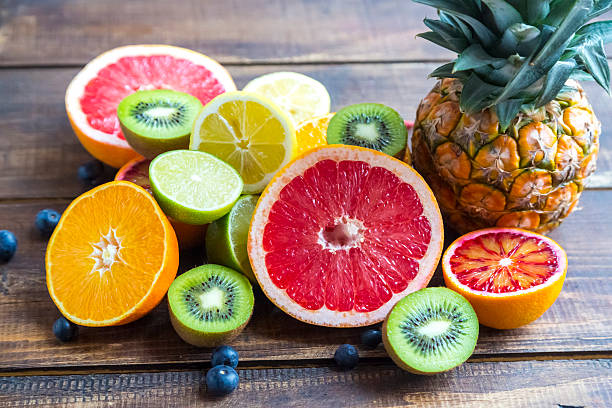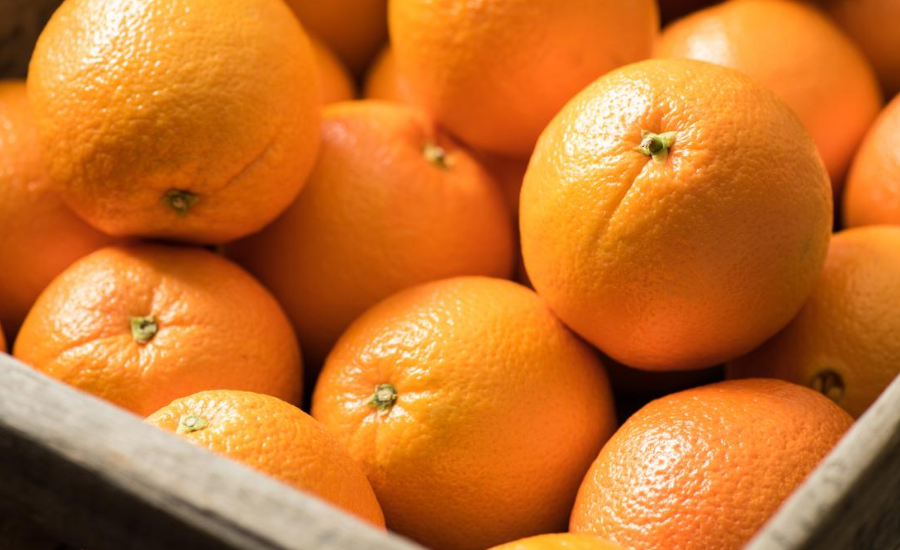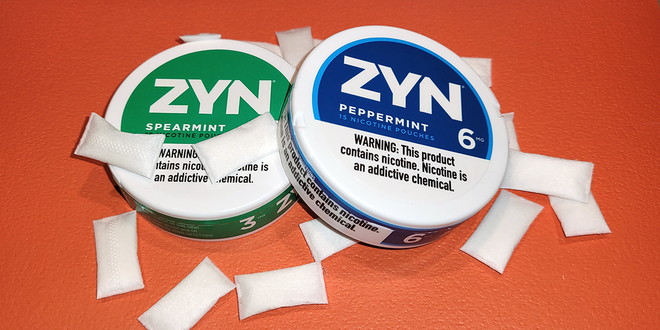There are varieties of fruits for better healthy life. It includes kiwifruit, Avocados, grapefruit, strawberry and other.
Grapefruit is a good source of vitamin C
Grapefruit is an excellent source of vitamin C, which supports the immune system and helps prevent infections. In addition, it supports wound healing. The National Institutes of Health recommends that women of childbearing age consume 75 milligrams of vitamin C daily. One medium-sized grapefruit contains about 38 milligrams of vitamin C. Peels of grapefruit can be used for the treatment and prevention of impotence. You can also take Cenforce 100 blue pill to get the rid from erectile dysfunction.
In addition to being a great source of vitamin C, grapefruit contains a variety of antioxidants. Antioxidants are important because they help protect the body from harmful free radicals. Free radicals have been associated with an increased risk of cancer. Eating a diet rich in antioxidants may also reduce your risk of developing cancer.
Grapefruit is also a good source of vitamin A, which triggers an electrical signal in the optic nerve that allows vision in dim light and helps prevent macular degeneration. However, grapefruit can interfere with some medications. Some types of immunosuppressants (including cyclosporine) are increased in potency when consumed with grapefruit juice. Likewise, calcium-channel blockers (like terfenadine) can be increased in potency when consumed with grapefruit juice.
Kiwifruit is a good source of potassium
Kiwifruit is a great source of potassium, which is an essential mineral in the human body. It keeps fluids and minerals in the cells balanced, ensuring that your heart beats regularly and your nerves send and receive impulses smoothly. Potassium is found naturally in many fruits and vegetables, including bananas and kiwifruit. These foods are high in potassium, which helps to prevent the onset of symptoms like high blood pressure, constipation, and constipation.
Kiwifruit contains a high amount of fiber, which is beneficial for your digestive health and may lower your risk of cardiovascular disease. High-fiber diets reduce bad cholesterol, a key determinant of cardiovascular disease. A single kiwifruit provides about two grams of fiber, which accounts for six to nine percent of the recommended daily intake for an adult. High-fiber diets may also help lower your risk of developing kidney stones. High potassium intake also promotes healthy kidneys, as potassium helps maintain fluid balance.
In addition to potassium, kiwifruit is also rich in vitamin C and other essential nutrients. It regulates the heartbeat, regulates nerve impulses, and is essential for proper muscle function. It can also help with high blood pressure, as well as improve bone health.
Avocados contain thiamine
Avocados are high in fiber and can help you lose weight and keep your blood sugar levels stable. They also support your gut microbiome, which is your body’s first line of defense. And avocado oil can soothe your skin and may help you avoid rashes. Finally, avocados contain glutathione, which is an antioxidant and helps your body fight off free radicals.
Avocados contain trace amounts of vitamin B complex, which are important for good health. These vitamins have several functions, from enhancing energy metabolism to preventing diseases and improving nerve function. They also contain thiamine, which is an important vitamin for better health. Avocados also contain riboflavin and niacin, which are important for healthy nerve function.
Avocados also contain vitamin C, which helps the body produce collagen, which is essential for a strong intestinal wall. Vitamin C can reduce your risk of gastric cancer by keeping intestinal walls strong. As a bonus, avocados contain nearly a quarter of your daily recommended intake of vitamin C.
Kiwifruit is a good source of vitamin E
Kiwifruit is a nutrient-dense fruit that is low in calories. It was originally grown in China but was introduced to New Zealand by a schoolteacher in 1904. New Zealanders named it kiwi, after their national bird. It is well-known for its high vitamin C content, but it also has other health-boosting benefits, including lowering blood pressure, improving wound healing, and boosting bowel health.
Kiwifruit is also high in dietary fiber, which is beneficial for reducing risk factors for heart disease and lowering the bad cholesterol that can lead to atherosclerosis. It can also improve gastrointestinal health and reduce symptoms of constipation. It also contains plenty of folate, which is a key nutrient for children and pregnant women.
Kiwifruit has antioxidant properties that may help prevent macular degeneration. Moreover, it is high in lutein, which accumulates in the retina of the eye. Recent studies from the USDA have found kiwifruit to reduce the risk of macular degeneration. It also contains carotenoids, phenolic compounds, and other antioxidants. These compounds help prevent the oxidation of HDLs and improve blood flow.
Kiwifruit is a good source of fiber
Kiwifruit is high in fiber and has a low glycemic index (GI), meaning that it releases sugar slowly, which helps regulate blood sugar levels. It also supports the digestive system and promotes weight loss. The fruit contains both soluble and insoluble fibers, which help to move stool through the digestive tract. Insoluble fibre improves gastrointestinal health by trapping bile acids, a precursor to cholesterol.
Fibres found in kiwifruits come from the plant cell walls. The polysaccharides found in kiwifruit contribute both soluble and insoluble fibre. The soluble fibre is composed of pectic polysaccharides, while the insoluble fibre is made up of cellulose and hemicellulose.
Fibers present in kiwis support digestion and help prevent constipation. They also contain an enzyme called actinidin, which helps break down protein in the digestive tract. Moreover, they are low in calories and are high in filling fiber. Moreover, kiwis are over 90% water, making them a healthy snack.
Strawberries are a versatile fruit
Strawberries are delicious, low-calorie fruits that are loaded with antioxidants and beneficial vitamins. These small berries also contain a high amount of fiber, which helps in maintaining digestive health. As a result, they are a good food choice for weight loss and disease prevention. They are also a great source of vitamin C, which is essential for the immune system and the skin.
Strawberries are rich in the B-complex group of vitamins. They contain good amounts of niacin, riboflavin, pantothenic acid, and folic acid, which aid in the body’s metabolism. Furthermore, they contain vitamin-E, which is a potent antioxidant that helps the body fight free radicals.
Strawberries can be a great snack, meal, or dessert. They are high in vitamin C and fiber and are low-glycemic, which means that they are a great food choice for improving your overall health. Strawberries are also low-calorie, which makes them a great choice for people with a low-carb diet.
Avocados contain vitamin C
Consuming avocados is an excellent way to get more vitamin C. This fruit also has a number of beneficial compounds, including niacin, which may reduce the risk of developing cancer. It is also packed with monounsaturated fatty acids. These can aid in the absorption of fat-soluble antioxidants and may even reduce the risk of age-related macular degeneration. Moreover, avocados are high in vitamin K, with half an avocado providing 18% of the daily requirement. Vitamin K promotes bone health by increasing calcium absorption and reducing urinary excretion. Moreover, avocados contain compounds that may protect against some types of cancers, including lung cancer and colon cancer.
In addition, avocados contain polyunsaturated fats and monounsaturated fats, which may help reduce cholesterol levels and reduce the risk of heart disease and erectile dysfunction. Avocados also contain vitamin B6 and folic acid, which help regulate homocysteine, a blood-sugar-related protein associated with a greater risk of cardiovascular disease. Avocados also contain potassium and lutein, which may help control oxidative/inflammatory stress.










